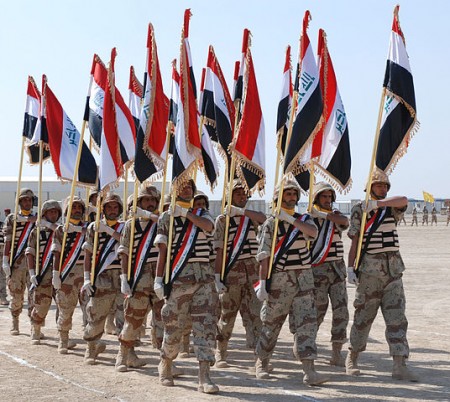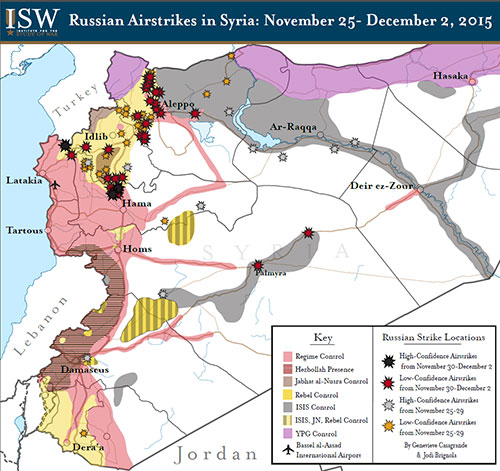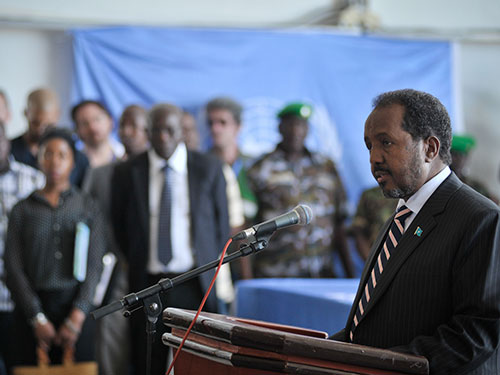
This interview was originally published by E-International Relations on 6 January 2016.
Nadim Shehadi is an associate fellow of Chatham House where he directs a programme on the regional dimension of the Palestinian refugee issue in the Middle East Peace Process. He is also director of the Fares Center for Eastern Mediterranean Studies at The Fletcher School at Tufts University, as well as a senior member of St Antony’s College Oxford where he was director of the Centre for Lebanese Studies from 1986 to 2005.
Where do you see the most exciting research/debates happening in your field?
The most exciting and dynamic conversation is happening on social media, it is spontaneous, continuous and instant. It is quite sophisticated and with unwritten rules. I don’t think that ‘retweets are not endorsements’ really means it, people generally stick to a narrative and spread what is in line with their version of events or discredit what is not. Eventually they form closed circles and interact with like-minded people. There is a whole battle being fought there and it is fascinating to watch that live on your device, you can learn so much from it and you have access to people’s inner thoughts.




